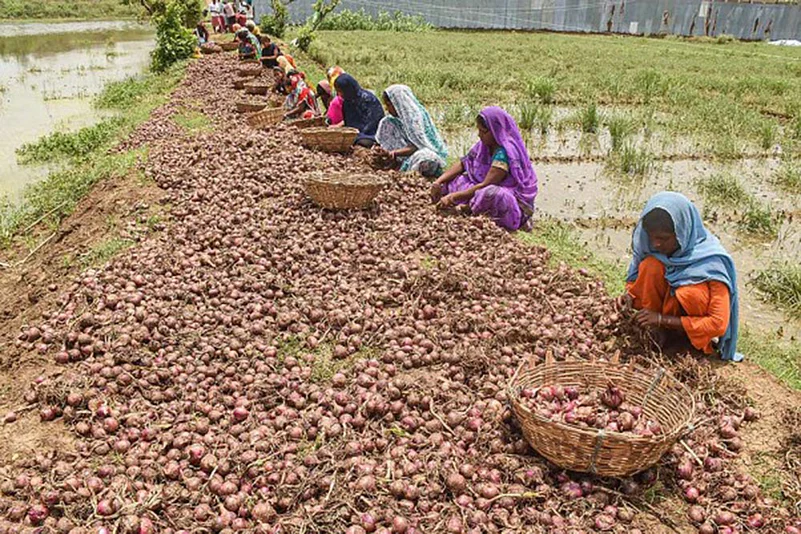As the Indian healthcare system still reels under the disastrous impact of the second Covid wave, Niti Aayog Member (Agriculture) Ramesh Chand on Sunday said that the country’s agriculture sector will not be impacted by it as rural areas reported a surge in cases only in May when agriculture activities remained at bare minimum.
In an interview to PTI, Chand said that India's policies on subsidy, price and technology have remained too much in favour of rice, wheat and sugarcane, and there is need to make the procurement and minimum support price policy favourable to pulses.
His comments come in the backdrop of the country logging 1.14 lakh new coronavirus infections during the last 24 hours, its lowest daily rise in almost two months.
Advertisement
The country also logged 2,677 Covid fatalities, its lowest daily death toll in 42 days, while the active cases dipped to 14.77 lakh on Saturday.
With the latest addition, the total caseload climbed to 2,88,09,339 while the death toll rose to 3,46,759.
Amid these developments, Chand said, “Covid-19 cases started spreading in the rural areas in the month of May, with the beginning of the month of May, and agriculture activity in the month of May is bare minimal, particularly land-based activities.”
"...it (May) is a peak summer month and no crop is sown, no crop is harvested except little bit vegetables and some off-season crops," Chand further explained.
Advertisement
Agriculture activity, Chand said, peaks in the month of March or till middle of April, after that it comes down significantly and again peaks with the arrival of monsoon.
"So even if less availability of labour is there in the month of May till mid-June, I don't think that will impact agriculture in anyway," Chand said.
On being asked why India is not self-sufficient in pulses production, he said there is need to increase pulses area under irrigation and that will make a lot of difference in production and stability in prices.
He added that "in India, our subsidy policy, our price policy, technology policy, have remained too much in favour of rice and wheat and sugarcane. So I strongly believe that along with the technological breakthrough, we need to make our procurement, our MSP favourable for pulses".
To a question on farm sector growth, Chand said the agriculture sector will grow more than 3 per cent in 2021-22.
The farm sector grew at 3.6 per cent in the last fiscal. India's economy contracted by less-than-expected 7.3 per cent in the fiscal year ended March 2021 after growth rate picked up in the fourth quarter, just before the world's worst outbreak of coronavirus infections hit the country.




















